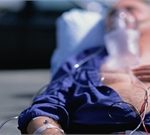
Young people who pull themselves out of poverty may be no better off when it comes to their heart health, a new study suggests. Researchers found that “upwardly mobile” U.S. adults tended to be less stressed and depressed than peers who spent their whole lives below the poverty line. Unfortunately, it did not make a difference in their cardiovascular health. They were just as likely to have conditions like obesity and elevated blood pressure, blood sugar and cholesterol, the study found. The results might sound surprising, said Dr. Nieca Goldberg, a cardiologist and volunteer expert with the American Heart Association. After all, both higher income and better mental health have been consistently linked with better physical health. “But I can think of a few reasons for the findings,” said Goldberg, who was not involved in the study. “When you consider it, these are people who work very hard,” she said. “They may be really focused on their jobs, at the expense of other things. They may have no time for exercise, or end up eating a lot of grab-and-go foods.” Compared with people whose income stays low, Goldberg said, they may be less worried about money and security — and, therefore, in better mental shape. But that doesn’t necessarily mean their lifestyles are healthy. Lead researcher Gregory Miller agreed that lack of time for exercise… read on >











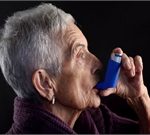
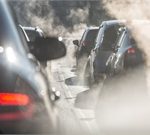
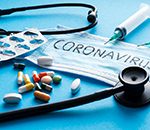
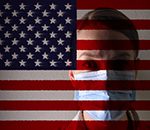
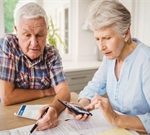
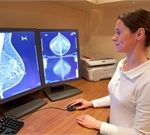






-300x200.jpg)













